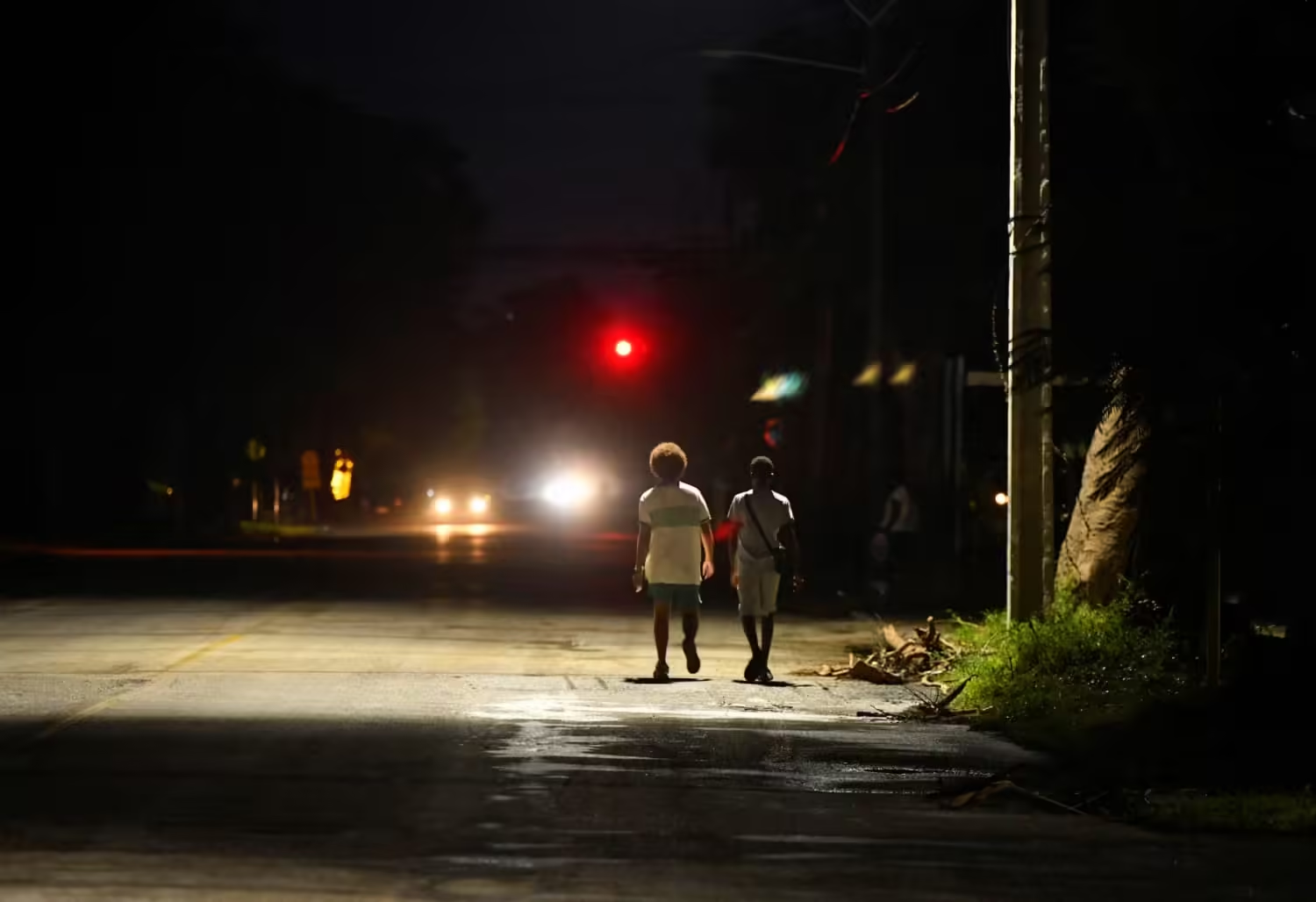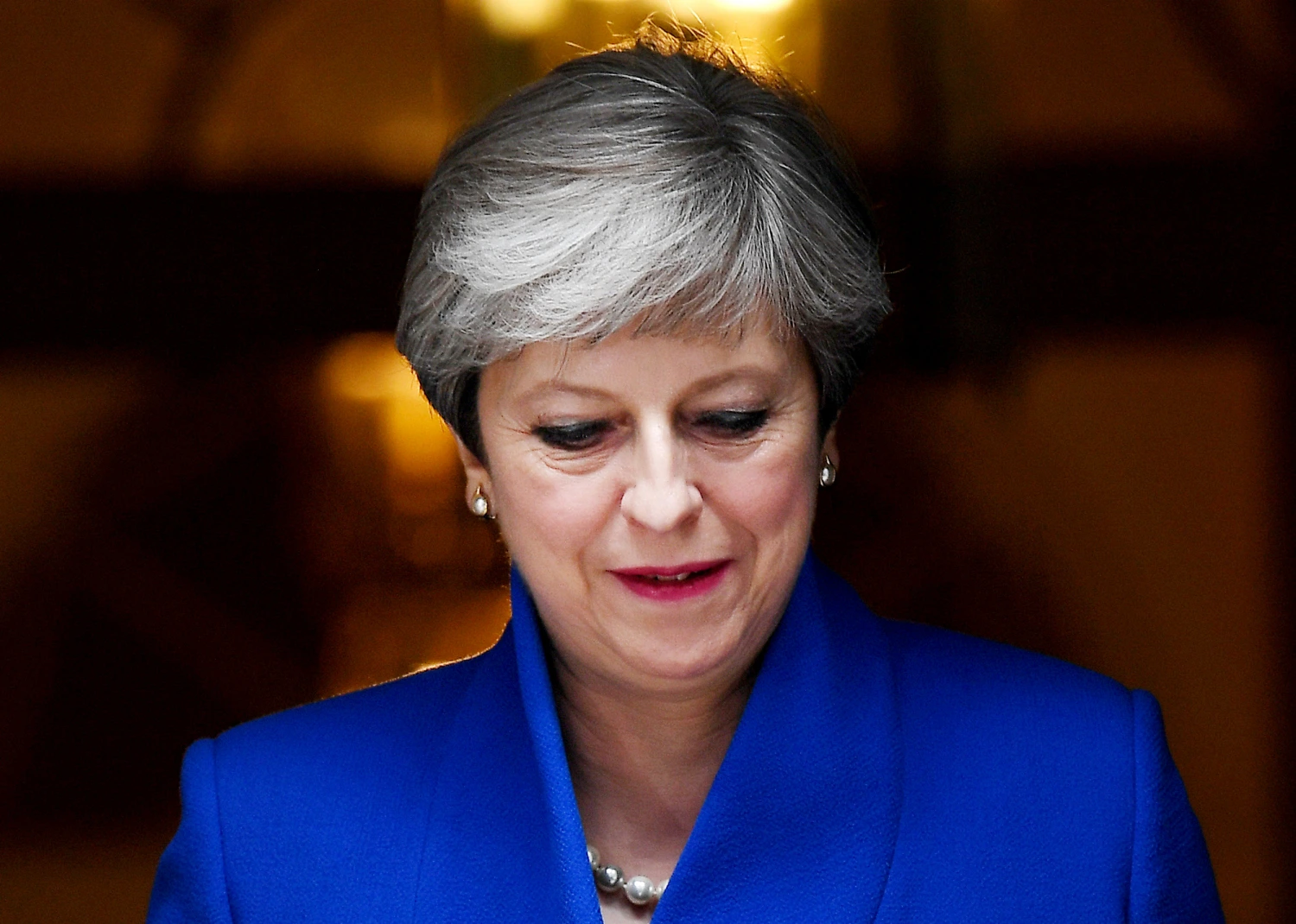Cuba’s electrical grid has suffered another collapse, marking the fourth failure in just 48 hours, as Hurricane Oscar made landfall on the island, exacerbating the already dire situation. Earlier on Sunday, authorities had reported progress in restoring electricity, yet millions remained in the dark more than two days after the initial grid failure.
The Ministry of Energy and Mines announced that “restoration work began immediately,” but the situation grew increasingly precarious as Hurricane Oscar unleashed strong winds, a powerful storm surge, and heavy rains, threatening to further hinder recovery efforts. The US National Hurricane Center recorded winds of 75 miles per hour (120 kph) as the storm traversed eastern Cuba, warning residents of an “extremely dangerous situation.”
In an unprecedented move, the Cuban government canceled school through Wednesday due to the hurricane and the ongoing energy crisis, advising only essential workers to report to their jobs on Monday. The repeated power outages have dashed hopes for many residents already facing severe shortages of food, medicine, and fuel, highlighting the fragile state of the country’s infrastructure.
Just before the latest collapse, power had been restored to 160,000 clients in Havana, offering a brief sense of relief. However, residents like Anabel Gonzalez, a housewife from Old Havana, expressed growing despair after three days without electricity. “My cell phone is dead, and look at my refrigerator. The little that I had has all gone to waste,” she lamented, gesturing at her empty shelves.
Energy Minister Vicente de la O Levy had earlier projected that the grid might be fully functional by Monday or Tuesday, though he cautioned against expecting rapid improvements. The situation became increasingly complex following the grid’s initial crash on Friday, triggered by the shutdown of the island’s largest power plant. Subsequent collapses followed, leaving authorities struggling to manage the crisis.
Tensions are rising as discontent grows among the populace. Reuters reporters witnessed small protests in Havana after a blackout left the city in darkness late Saturday. Although Energy Minister O Levy acknowledged the frustrations of residents, he emphasized that most Cubans support government restoration efforts, describing isolated protests as “incorrect” and “indecent.”
Internet access has also been severely impacted, with monitoring group NetBlocks reporting a significant drop in online activity due to the widespread power outages, making it nearly impossible for residents to charge devices and connect.
The government attributes the persistent blackouts—sometimes lasting 10 to 20 hours a day—to deteriorating infrastructure, fuel shortages, and rising demand. Officials also point to the US trade embargo and sanctions imposed by former President Donald Trump as major barriers to acquiring essential fuel and spare parts for the island’s aging oil-fired power plants.
Cuba’s reliance on imports for its largely outdated energy infrastructure has become increasingly problematic. This year, fuel deliveries from key suppliers, including Venezuela, Russia, and Mexico, have significantly decreased. Venezuela, which has faced its own supply challenges, halved its subsidized fuel deliveries to Cuba, forcing the island to seek more expensive oil on the open market. Meanwhile, the future of fuel supplies from Mexico remains uncertain under the newly elected President Claudia Sheinbaum.
As Cuba grapples with the dual crises of energy shortages and the impact of Hurricane Oscar, the path to recovery remains fraught with challenges, leaving millions of Cubans anxious about the state of their country’s infrastructure and basic services.



